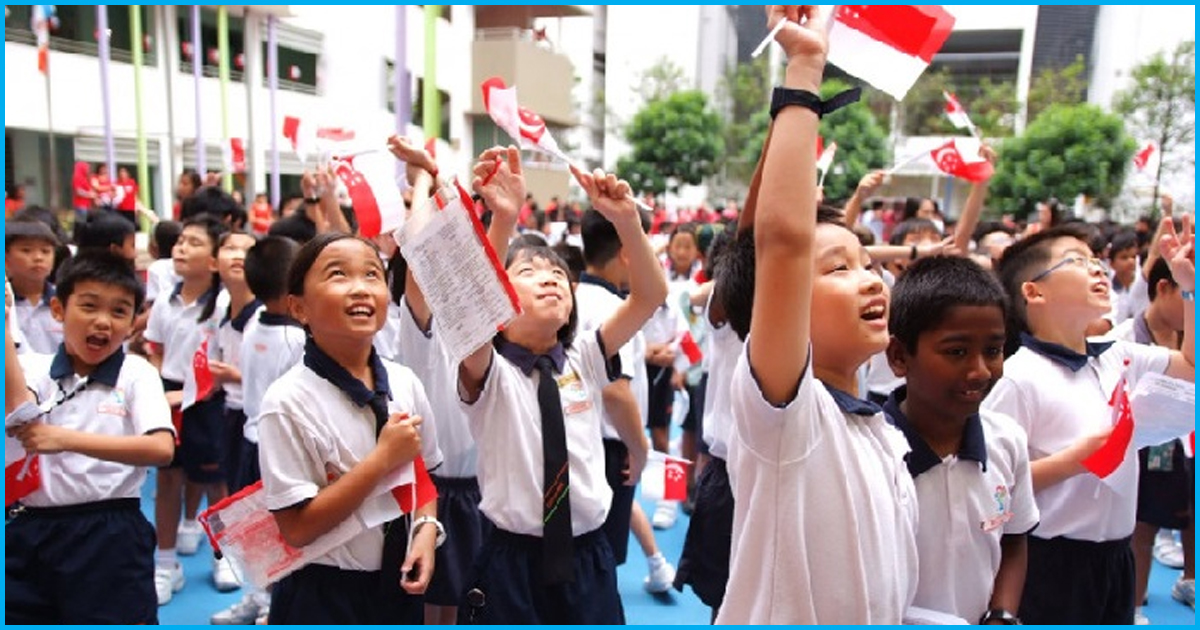For long, Singapore has been able to retain their high-educational standards however, the country has decided to move away from an over-emphasis on academic results which pushes the country’s students to scoring high marks during examination. Singapore managed to outperform other countries in terms of school students’ performance by emphasizing on and endorsing rote learning and long study hours.
The island state has decided to make significant changes in school-based assessment at the primary and secondary levels from 2019. From 2019 all examinations for primary year one and two will be abolished. Mid-year examination for older primary and secondary students will also be removed over the next three years, starting in 2019 with the removal of mid-year examination for senior year one student. Class tests, quizzes, and group projects will replace marks as methods of assessing students’ learning progress, reported World Economic Forum.
Reportedly, primary and secondary school results will no longer show the pupil’s rank in class. Subject and group averages, overall total marks and minimum and maximum grades will no longer be present in reports. Moreover, school reports will no longer record a pass or fail result at the end of each year. Instead of marks and grades, methods such as qualitative descriptions will be used to assess students’ performance at primary year one and two levels. For elder students at primary level and secondary level, marks for each subject will be rounded off to the whole number.
The significance of these changes
The Ministry of Education in Singapore said in a press release that these changes aim to free up more time and space in school to strengthen holistic development, self-discovery and engaged learning for the students. These changes will provide more opportunities for student-centered teaching and learning approaches, which lay the groundwork for nurturing life-long learning attitudes and skills.
From next year, primary and secondary students can expect to see meaningful changes in how they will be assessed in school. More details here: https://t.co/8xwCzXvSOw pic.twitter.com/ahYUgSktdS
— MOE Singapore (@MOEsg) September 28, 2018
Singapore topped the OECD’s(Organization for Economic Co-operation and Development) Program for International Student Assessment (PISA) education rankings which were released in 2016. PISA measures 15-year-old students’ reading, mathematics, and science literacy every three years in more than 70 countries. Naturally, Singapore’s education policy has been seen as a model for improving students’ performance.
Now, Singapore has realized that aim to education is to create more rounded individuals rather than high-scoring individuals. These new policies aim to promote social development among pupils and to raise self-awareness and build decision-making skills. These changes are imperative if a country wants to progress in the 21st century.
It is hoped that following Singapore’s lead, other countries too will rethink their approach to education and recognize that social development and other such skills are as important as academic excellence.
Also Read: What A Good Education Budget Can Do? Delhi Is An Example












